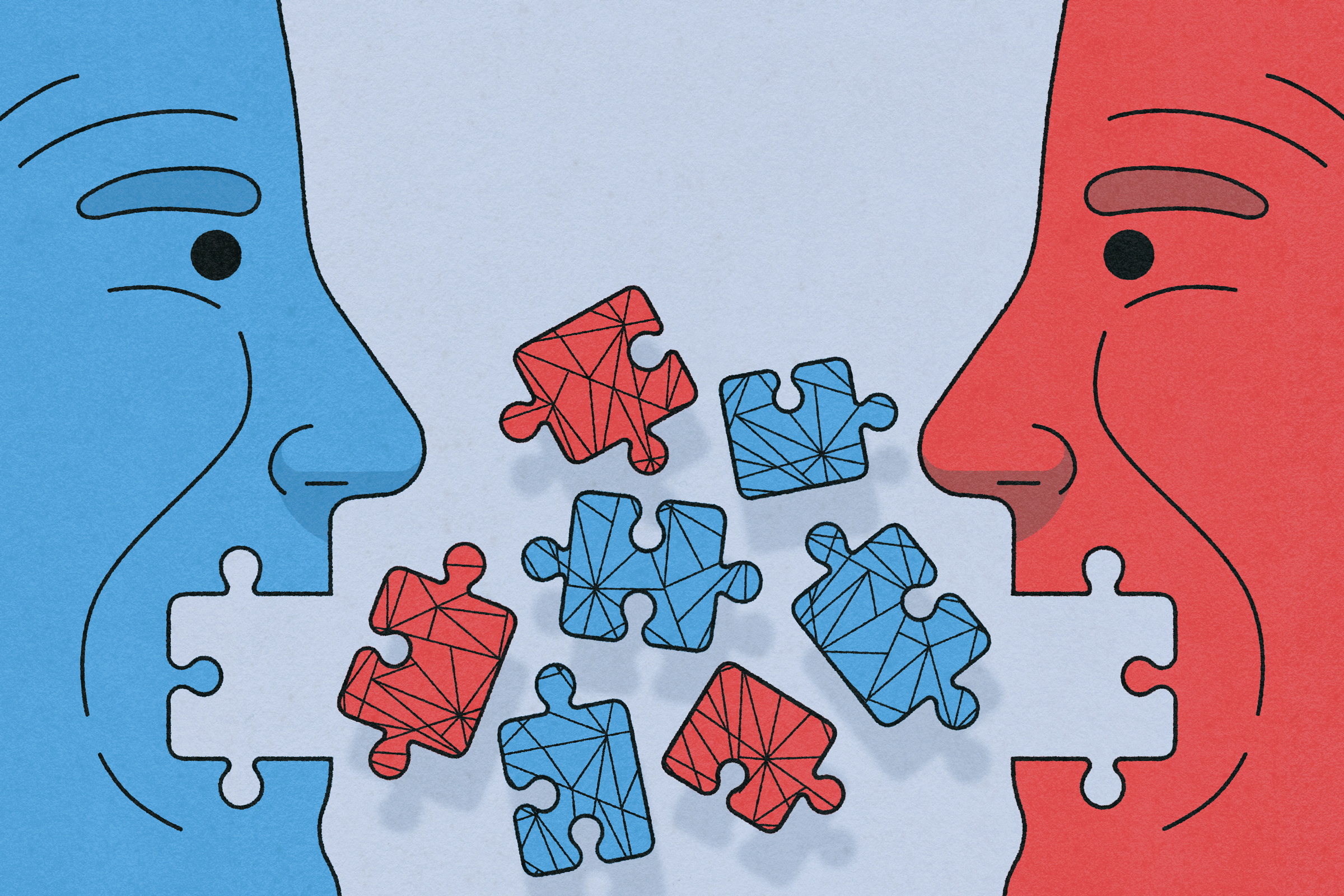The AI That Could Heal a Divided Internet

🌈 Abstract
The article discusses how new AI tools developed by Jigsaw, a Google subsidiary, could help improve the quality of online discourse by ranking posts based on attributes like nuance, compassion, and evidence-based reasoning, rather than just engagement metrics like likes and comments. The article explores the potential benefits and challenges of this approach.
🙋 Q&A
[01] The Promise and Failure of the Internet
1. What was the grand promise made by technologists in the 1990s and early 2000s about new communications technologies?
- The promise was that new communications technologies would strengthen democracy, undermine authoritarianism, and lead to a new era of human flourishing.
2. How has the reality of the internet today differed from that lofty goal?
- On social media platforms, content tends to be ranked by how much engagement it receives, which has reshaped politics, media, and culture to prioritize posts that provoke emotional responses.
- The internet has not lived up to the promise of strengthening democracy and leading to human flourishing.
[02] Jigsaw's Approach to Improving Online Discourse
1. What is Jigsaw's approach to addressing the problems with online discourse?
- Jigsaw has developed new AI tools or "classifiers" that can score posts based on attributes like nuance, evidence-based reasoning, personal stories, and compassion.
- The goal is to allow online platforms to rank posts in a way that elevates more positive and constructive content, rather than just the most engaging content.
2. How do these new AI classifiers work and what are their key capabilities?
- The classifiers use large language models (LLMs) that can identify complex linguistic concepts like compassion and curiosity, which was not feasible with older AI systems.
- The classifiers can return a numerical score (0 to 1) representing the likelihood of a post containing certain virtuous attributes.
3. What are the potential benefits of using these new AI classifiers to rank online content?
- Boosting positive, nuanced, and compassionate content could have cascading positive effects on personal relationships and society as a whole.
- It could change the "media economics" of the internet by making divisive rhetoric less valuable, leading to less of it being produced.
4. What are some of the potential challenges and concerns with using these AI classifiers?
- There are worries about the classifiers introducing new biases or unfairly amplifying already prominent voices.
- Changing what kind of speech gets rewarded online will always have political opponents, as both conservatives and liberals believe their content is being censored.
- There are also concerns about the reliability and limitations of even advanced language models in making value judgments about complex language.
[03] The Path Forward for Jigsaw's Approach
1. How is Jigsaw planning to get these new classifiers adopted and implemented?
- Jigsaw is making the tools freely available to independent developers, hoping smaller online spaces like message boards and newspaper comment sections will build an evidence base that the new ranking methods are popular with users.
- However, the big tech platforms that dominate social media have no immediate plans to use the classifiers themselves, as it could conflict with their business models focused on maximizing user engagement.
2. What are some of the key challenges in getting platforms to adopt these new ranking methods?
- Ranking by engagement is the most effective way for platforms to keep users on their sites and maximize ad revenue, so moving away from that model is a tough ask.
- There are also concerns about the classifiers potentially exacerbating issues like AI-generated content spam or unfairly boosting certain voices over others.
3. How do experts view the potential long-term impact of these new AI classifiers?
- Academics believe that if implemented successfully, the classifiers could result in a "paradigm shift" for social media by creating new incentives for more positive online behavior and discourse.
- However, significant work is still needed to ensure the classifiers are unbiased and capture the diversity of how people express the concepts they are designed to identify.